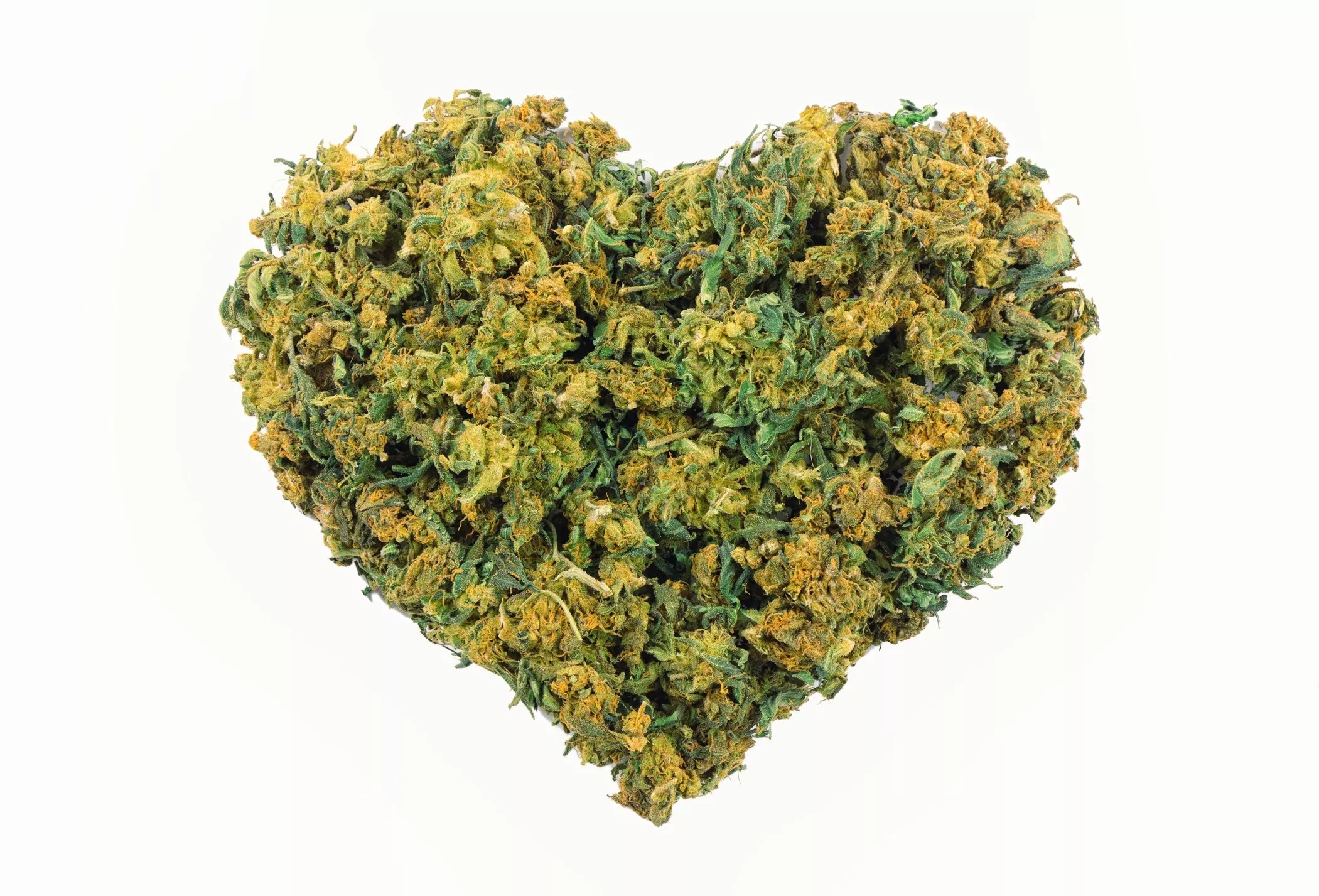
iStock

Audio By Carbonatix
No matter how much we depend on them, CBD stores in Dallas were not considered essential businesses and were recently forced to close down. This started a domino effect that left thousands of patients and consumers in the area to either ration their cannabis-derived medication, or risk breaking the law by driving to a state where medical cannabis dispensaries remained opened to purchase medication for themselves or their kids.
Compassionate Cultivation, a Texas medical marijuana dispensary, was deemed an essential business and has remained fully operational throughout the entire COVID-19 pandemic. They are providing a mandatory house delivery service to their 300 patients in the Dallas area.
Morris Denton, CEO, of Compassionate Cultivation, says that house deliveries are something they had to implement to help ensure the safety of their patients.
“A lot of our patients have compromised immune systems because of tricky medical conditions,” Denton says. “Rather than put our patients at risk, we said, ‘Look, you guys stay put, look out for yourselves and we will get the medicine all the way to you.'”
This year, make your gift count –
Invest in local news that matters.
Our work is funded by readers like you who make voluntary gifts because they value our work and want to see it continue. Make a contribution today to help us reach our $30,000 goal!
Yes, Texas has a medical marijuana program. It may be a highly restricted and regulate, but it’s one that continues to have a huge impact on the lives of local patients and caretakers.
Sara Lomeli is the caretaker for her son Tomas, who started taking prescribed medical cannabis from Compassionate Cultivation in 2019. Sara said Tomas is a medically fragile child who has difficulties with speech and his ability to grow. Tomas is verbal but had not started forming sentences prior to starting his CBD medication.
“Ever since starting CBD his appetite has gone way up,” Lomeli says of her son. “I would definitely say language and weight gain have been the two biggest pluses [of CBD] for us.”
Some dispensaries in states like California and Colorado had to fight to remain open during quarantine and received backlash for not closing shop. Denton says that Texas officials knew how important the cannabis medication produced by Compassionate Cultivation is to the 2,000 plus patients involved in the medical marijuana program.
“Put it this way – if a patient [with epilepsy] can’t get access to our medicine consistently, then the likelihood of their seizure activity returning is very high,” Denton explains.
“I don’t know what we would do if I couldn’t get access to legal medical cannabis that follows guidelines and protocols.” – Sara Lomeli
Lomeli says she has recently increased the dose of Tomas’ CBD medication and is hopeful for continued improvements in his health.
“I don’t know what we would do if I couldn’t get access to legal medical cannabis that follows guidelines and protocols,” she says.
The Compassionate Use Program is the name of Texas’ medical marijuana program. When the program started in 2015, the only condition or illness accepted was intractable epilepsy. In 2019, Gov. Greg Abbott signed House Bill 3703, expanding the list of approved illnesses and conditions. Now, physicians can prescribe low-THC cannabis to patients diagnosed with seizure disorders, multiple sclerosis, spasticity, amyotrophic lateral sclerosis, autism, terminal cancer or an incurable neurodegenerative disease.
Texas allows its medical cannabis patients to use cannabis that contains less than .5% Delta-9 THC. That is not a lot. And, it is worth noting, cannabis products with 0.3% Delta-9 THC is federally legal in all 50 states.
Rachel Fitzgerald, another Dallas-area mother and caretaker who receives CBD from Compassionate Cultivation, is relieved that they are still determined to make sure her daughter Bry-Anna doesn’t miss a single dose during quarantine.
Before moving to Dallas, Fitzgerald says she was living in Houston for Bry-Anna’s medical treatment, and her physician at the time recommended she consider trying CBD as treatment for some of her neurological issues.
After moving to Dallas, Fitzgerald says that it took some jumping over a lot of red tape to get into the program. Bry-Anna started her treatment with Compassionate Cultivation in March.
“Almost immediately, I saw a change in [Bry-Anna],” Fitzgerald says. “I’ve been looking for this for a very long time, and I can’t imagine her being without it now. I am hoping she will be able to get off all the pharmaceuticals she is on one day. That would be my dream to help her out.”
Fitzgerald says that she had been looking for alternatives to conventional medicine since her daughter was born in 2001. When states began legalizing cannabis, she was hopeful that one day it could help Bry-Anna.
“It’s been phenomenal, and I can’t say enough about it,” Fitzgerald said. “I’m looking forward to long term gains with this and that her quality of life keeps progressing.”
Information on the Compassionate-Use Program can be found on the Texas Department of Public Safety website.